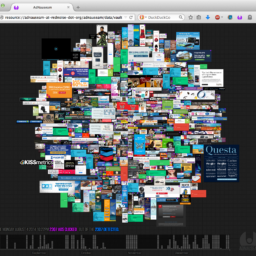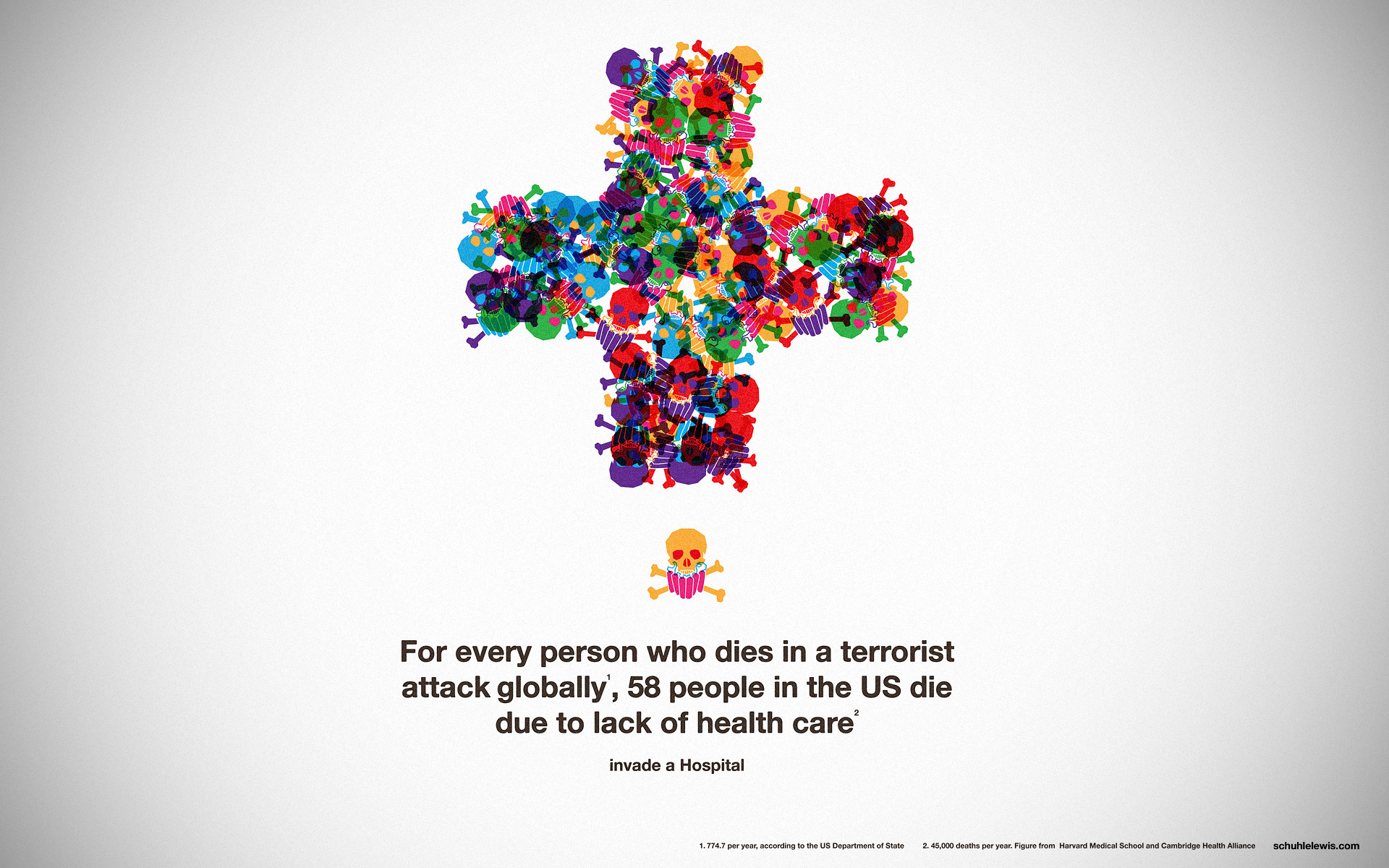A Tale of Two NICUs @ New York Times & Haaretz
The New York Times just published a very personal essay I wrote. After seeing a video from Gaza of Dr. Ali Alhaj Salem, standing over incubators without electricity, without formula, without breast milk, I’ve thought a lot about NICUs, how they differ, and how they reflect on humanity. Fourteen years ago, my son was born … Continue reading A Tale of Two NICUs @ New York Times & Haaretz
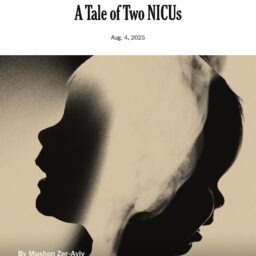
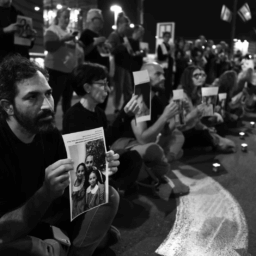
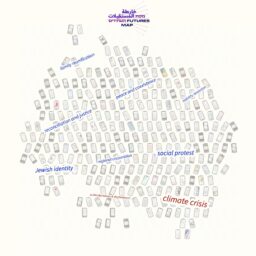
![On Future Screenshots and Political Imagination [article]](https://mushon.com/wp-content/uploads/2025/06/image-1-256x256.png)
![Rage Clicks are Microdoses of Pure Horror [Essay]](https://mushon.com/wp-content/uploads/2025/06/image-256x256.png)
